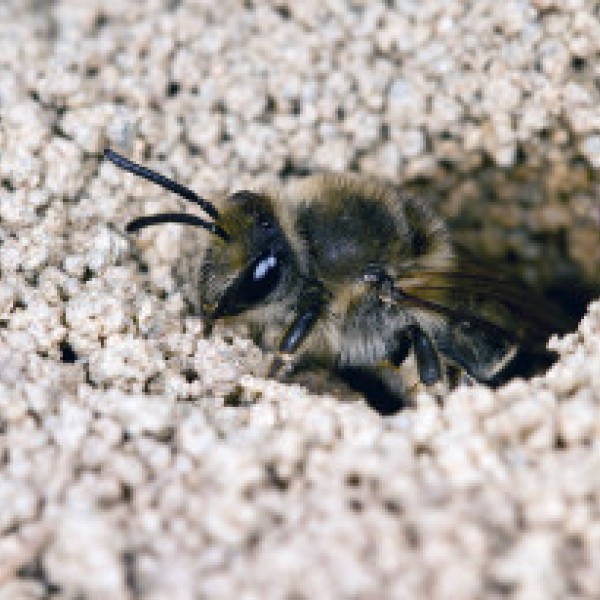Brian Aukema ’98 joined the Department of Animal Science in fall 2023 as the New York state 4-H livestock and companion animal specialist. We sat down with him for a chat about his interests, goals and background.
What is the focus of your new job here in animal science?
To provide statewide leadership for New York 4-H animal science livestock (beef, sheep, goats, poultry and swine) and companion animals (dogs, rabbits and other pets). My position works with 4-H Extension staff and volunteers at the county level to develop trainings, opportunities and program development in the areas of animal science.
To me, animal science is so much more than animals. The animal is the carrot that we can utilize to teach youth responsibility, decision making, budgeting, time management, confidence, teamwork, patience, a strong work ethic and how to challenge themselves and others in a positive way.
What brought you to Cornell?
When I was in seventh grade, I took part in the New York State 4-H Career Exploration event at Cornell University. It was at this event I developed a love for Cornell and 4-H. I decided right then that I wanted to become a 4-H educator and that I would attend Cornell. I believe this event shaped my career goals, and it is the reason I am where I am professionally now!
What is your background?
I graduated from the State University of New York, Morrisville, with an A.A.S. in agricultural business, then attended Cornell and received a B.S. in animal science in 1998. Afterwards, I graduated from the State University of New York, Oswego, with an M.S. in vocational education.
I worked with Cornell Cooperative Extension (CCE) of Broome County for 24 years in various capacities. I ended up as the associate director of agriculture, overseeing the youth and adult agricultural programs, the horticultural program and a solid waste program. I also was in charge of the CCE Broome facilities, including a five-acre botanical garden, a regional farmer’s market and a nature center.






